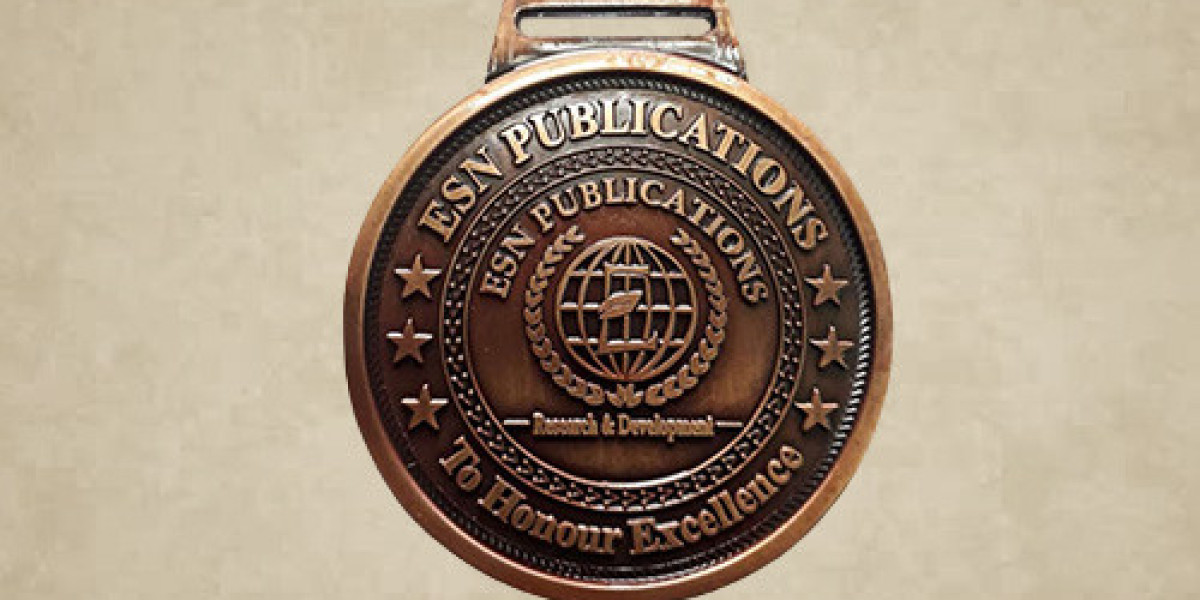Managing time effectively can be a challenge for anyone, but for individuals with ADHD, it can feel like an uphill battle. The brain's executive functions, which help with planning, organization, and impulse control, often work differently for those with ADHD. This can lead to procrastination, missed deadlines, and an overwhelming sense of disorganization. However, with the right strategies, it is possible to develop better time management skills.
In this article, we will explore practical and effective time management hacks designed specifically for people with ADHD. These strategies will help enhance productivity, reduce stress, and create a more structured daily routine.
1. Break Tasks into Small Steps
One of the biggest challenges for individuals with ADHD is tackling large tasks. A big project or responsibility can feel so overwhelming that it leads to avoidance or procrastination. The best way to combat this is by breaking tasks into smaller, manageable steps.
For example, instead of writing “Complete research paper” on your to-do list, break it down into:
Gather research sources
Write an outline
Draft the introduction
Edit the final version
Smaller steps make tasks feel more achievable, and each completed step provides a sense of accomplishment.
2. Use a Timer for Focused Work Sessions
The Pomodoro Technique is a simple yet powerful time management method that works well for people with ADHD. The process involves setting a timer for 25 minutes and focusing on a single task without distractions. After the timer goes off, take a 5-minute break before starting another session.
This method helps maintain focus, prevents burnout, and makes long tasks feel more manageable. Using apps or physical timers can keep this practice structured and effective.
3. Set Up Visual Reminders
People with ADHD often struggle with remembering tasks and deadlines. Visual cues can be incredibly helpful in keeping track of priorities. Some effective visual reminders include:
Sticky notes on your desk or computer screen
Color-coded calendars
Whiteboards with daily goals and deadlines
Placing reminders in visible areas ensures that important tasks stay top of mind.
4. Prioritize Tasks Using the Eisenhower Matrix
The Eisenhower Matrix is a useful tool for prioritizing tasks based on urgency and importance. It consists of four quadrants:
Urgent & Important – Do these tasks immediately
Important but Not Urgent – Schedule these tasks
Urgent but Not Important – Delegate if possible
Neither Urgent Nor Important – Eliminate or minimize these tasks
This method prevents people with ADHD from getting caught up in unimportant tasks and helps them focus on what truly matters.
5. Use Digital Tools for Organization
Technology can be a powerful ally for managing time effectively. Many apps and digital tools are designed to help with organization and focus. Some of the best tools for ADHD include:
Todoist – A task management app that allows you to create to-do lists and set deadlines
Trello – A visual organization tool that helps manage projects
Google Calendar – Great for scheduling and setting reminders
Forest – A focus app that helps reduce distractions by encouraging deep work
Using these tools consistently can streamline productivity and keep track of responsibilities.
6. Implement a “Now, Next, Later” System
For people with ADHD, switching between tasks or deciding what to do next can be overwhelming. The Now, Next, Later system is a simple strategy that helps organize the day efficiently.
Now – Tasks that must be done immediately
Next – Tasks to focus on after completing the current one
Later – Future tasks that are important but not urgent
This system keeps tasks structured, reduces indecision, and prevents mental overload.
7. Eliminate Distractions in Workspaces
A cluttered environment often leads to a cluttered mind. For individuals with ADHD, distractions can be a major roadblock to productivity. Creating a workspace that minimizes distractions is crucial.
Tips for a distraction-free environment:
Keep the desk clean and organized
Use noise-canceling headphones or play focus-enhancing music
Turn off unnecessary notifications on your phone and computer
Set boundaries with family or coworkers to avoid interruptions
A well-structured workspace can improve concentration and efficiency.
8. Use Rewards to Stay Motivated
People with ADHD often struggle with motivation, especially for tasks that feel boring or repetitive. A reward system can provide the necessary incentive to stay on track.
For example, after completing a difficult task, reward yourself with something enjoyable, such as:
Watching an episode of a favorite show
Taking a short walk
Enjoying a favorite snack
Using positive reinforcement makes completing tasks feel more satisfying and encourages continued progress.
9. Plan for Transitions Between Tasks
Switching from one task to another can be difficult for individuals with ADHD. To make transitions smoother, set aside a few minutes between tasks to mentally prepare for the next one.
For example, after finishing an intense work session, take a 5-minute break to stretch or practice deep breathing before jumping into the next task. This helps reset focus and prevents mental fatigue.
10. Manage Energy, Not Just Time
Time management isn’t just about scheduling tasks—it’s also about managing energy levels. People with ADHD often experience fluctuating energy throughout the day, so it's important to align tasks with peak energy periods.
For example, if focus is strongest in the morning, schedule high-priority work during that time. Use lower-energy periods for less demanding tasks, such as responding to emails or organizing files.
Additionally, maintaining a healthy lifestyle with proper sleep, nutrition, and exercise can significantly improve focus and productivity.
11. Consider Professional Support and Medication
While time management strategies can be highly effective, some individuals with ADHD may benefit from professional support or medication. Consulting a healthcare provider can help determine the best approach to managing ADHD symptoms.
In some cases, medication like Adderall pills is prescribed to help improve focus and executive function. However, it’s important to follow a doctor’s guidance and avoid self-medication. Many individuals seek to order Adderall online, but it’s crucial to ensure that any medication is obtained legally and safely through a licensed provider.
Final Thoughts
Time management can be particularly challenging for people with ADHD, but it is entirely possible to develop strategies that improve productivity and reduce stress. By breaking tasks into smaller steps, using timers, setting up visual reminders, and minimizing distractions, individuals with ADHD can take control of their schedules and accomplish their goals more effectively.
For those who need additional support, professional guidance and medication options like Adderall pills may provide further assistance. However, combining medication with behavioral strategies often leads to the best outcomes.
With consistency and the right tools, managing time effectively can become second nature, leading to a more structured and fulfilling life.








